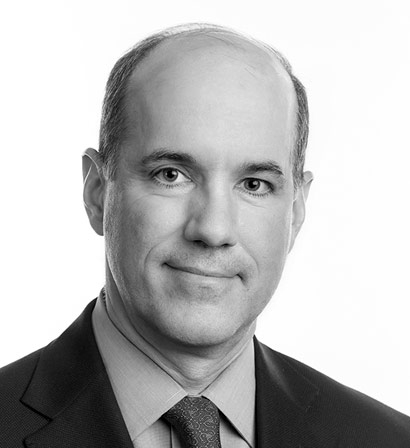
GTT Communications is starting to tie up the loose ends of its $2.3 billion deal to acquire Interoute, which was first announced in February.
In an interview with FierceTelecom, GTT CEO Rick Calder said that the first phase of the Integration with Interoute would be completed before the end of August.
"We announced internally to the organization that when we closed on May 31st that it would take us 90 days to do the organizational integration," Calder said. "So we think we are very well along on that as we've created a leadership team structure and we've expanded our leadership in our European divisions."
With Interoute in hand, GTT has formed into five divisions: Americas, Carrier, U.K., Europe and SMB. The Americas and Carrier divisions serve enterprise and carrier clients in North America while the U.K. and Europe divisions serve both enterprise and carrier clients in their respective territories. Earlier this month, GTT announced the presidents of the U.K. and European divisions.
RELATED: GTT acquires Interoute for $2.3B, deepens European fiber, cloud platform reach
With the addition of Interoute, Calder said there were about 3,500 current employees at GTT, but there will be a sizable reduction of the headcount going forward.
"We've really gone through everyone within the organization, our organization and their legacy organization," Calder said. "There's always natural redundancy or overlaps when you put two companies together of this size. We really try to continue to upgrade the so-called DNA of the firm and make sure that we pick the best possible go-forward organizations between the two businesses."
Calder said there were three key elements of the integration of Interoute: organization, systems and network. With the organization aspect set to finish up this month, Calder said GTT was starting to see SG&A (selling, general and administrative expense) cost synergies and synergies driven by the network integration.
"With SG&A there's the fact that we both pay our auditors. We both pay accountants. We both have overlapping systems. We have some overlapping rent," Calder said. "It's all of the things that we used to have two of that now for many of them we now need only one, or least a bigger version of only one. We're well along on that and we expect those synergies to come very quickly.
"The last synergy is network and I think we're quite well along on that as well. We were very asset heavy in the Atlantic and part of the U.S. in terms of long-haul network. Now we can utilize assets across both networks. They (Interoute) were obviously very significantly asset intensive in Europe. There were a lot of assets that we would then have to purchase or lease from others. We have already collapsed most of that onto each other's backbones."
Calder said GTT has blended in some of Interoute's Tier 2 backbone traffic onto its Tier 1 backbone, which means GTT gains more points of presence and pays less to third parties since it's now able to use its own assets.
"When we announced the deal we said we expected synergy realization over the first three or four quarters and if anything, I think we're ahead of pace in completing all of that activity," Calder said.
Cultural transformation
Calder said that since GTT had previously done business with Interoute—along with him having spent time with Interoute CEO Gareth Williams—there hasn't been a culture clash.
"I think we always shared very similar cultural outlooks in that we were smaller firms that have attacked the incumbent telco monopolies— you know, BT, AT&T, Verizon, Orange, pick your favorite incumbent— and as a function of that, we have a scrappier, smaller company attitude of David vs. Goliath," he said. "They (Interoute) use different words or terms, but they have same cultural values that we talk about constantly internally and those are: simplicity, speed and agility. Simplicity means we are easy to do business with, speed is fast and responsive. Agility is strive to say 'yes,' particularly to your clients. As I like to say, it's really the opposite of doing business with the incumbent (provider).
"They have 22 offices across Europe and I went to pretty much all of them. I had a great time telling people we are together an even stronger disrupter to the incumbents and we have the ability to liberate clients from their clutches. I told them to join our banner, which we think is a better place to be."
For more on FierceTelecom's interview with Calder, click here.